Introduction
The ability to leverage data to make effective sales decisions is fundamental to the success of a modern commercial services sales team. Without proper insights, sales teams are unable to identify the most promising leads, personalize their messaging, and optimize their sales processes to scale.
Sales intelligence solutions are the answer to this challenge- but, with so many options available on the market, it can be overwhelming to choose the right sales intelligence solution for your business.
In this article, we will explore what a sales intelligence tool is, its benefits, and the critical features to look for when evaluating from the list of top sales intelligence platforms. We will also provide a detailed review of the top 10 sales intelligence software solutions in 2024, helping you make an informed choice for your specific needs.

What is Sales Intelligence?
Definition and Importance of Sales Intelligence
Sales intelligence software is like a crystal ball for a sales rep. It provides valuable insights into properties, prospects, customers, and the market, helping identify opportunities that enhance sales performance and drive revenue growth.
Sales intelligence systems track two primary types of data:
Intent Data (buying signals)
Sales Intelligence data
Intent data is a type of data that comes from website analytics, download activities, interactions with company assets, and social media interactions showcasing the prospect’s rate of interaction and interest in your products and services.
Harvesting intent data uncovers what are called “buying signals” helping to identify when a prospect is actively researching your products or services, indicating an intention to make a purchase.
On the other hand, sales intelligence data is collected from other sources, internal and external:
Internal sourcesThis encompasses customer data from CRM systems and other software, service usage logs, billing records, and sales engagement tools. In addition, it may include data gathered during sales calls with prospects, such as competitive insights.
External sourcesThis includes public records like permitting data and market reports, social media posts, surveys, and focus groups. It can also include third-party customer data, public and private archives and databases, and website metrics.
This data is collected by sales intelligence platforms to provide insights into customer behavior, preferences, and patterns, allowing reps to customize their sales approach for maximum effectiveness and conversions.
Importance of Sales Intelligence in Business Development, Inside Sales, and Marketing Teams
For business development, sales representatives, and marketing teams, staying ahead of the competition and driving consistent revenue growth hinges on the ability to make data-driven decisions. Sales intelligence is “mission-critical” as it empowers sales professionals and teams to:
Identify New Business Opportunities: By analyzing market trends, competitor activities, and customer needs, sales intelligence helps uncover potential areas for growth and expansion.
Prioritize Leads: With detailed insights into prospect behavior and engagement, teams can prioritize leads that are more likely to convert, ensuring that efforts are focused on high-value targets.
Personalize Sales Approach: Understanding customer preferences and pain points allows for more tailored and effective sales pitches, leading to higher engagement and conversion rates.
But, the best tools for commercial services teams offer additional options like Generative AI, route mapping, property intelligence, and other solutions that save reps hundreds of hours in prospecting research, outreach, and follow-ups every month.
This leads us to the topic of benefits.

Benefits of Using Sales Intelligence Software
The biggest benefit of sales intelligence software like Convex is the ROI. For a commercial services sales team (e.g., reps selling HVAC, solar, roofing, janitorial and commercial cleaning services, generator, and elevator services) to commercial buildings and businesses – sales reps can easily:
Easily Find Qualified Accounts
Identify High-Value Accounts and Decision-Makers: Sales intelligence software provides detailed company and contact data, making it easier to pinpoint the most promising leads and the key decision-makers within those organizations.
Access Accurate and Up-to-date Data: Platforms like Convex offer best-in-class data with real-time updates and verified information, ensuring that sales teams work with the most current and reliable data.
Generate New Leads Automatically
Automate Lead Generation: Sales intelligence tools streamline the lead generation process by automatically gathering and analyzing data, reducing the need for manual research and saving potentially 1- 2 hours in lead research every day.
Real-Time Lead Notifications: Sales teams receive instant alerts about new leads and opportunities, allowing them to act swiftly and efficiently.
Streamline Your Tech Stack
Integration with Existing CRM and Sales Tools: Sales intelligence software can seamlessly integrate with your current CRM and other sales tools, creating a unified system that enhances productivity and reduces data silos.
Simplify Sales Workflow: By centralizing data and automating processes, these tools help streamline workflows, making the sales process more efficient and less time-consuming.
Track Company Buying Signals
Identify Active Buyers: Sales intelligence tools can track signals indicating a company’s buying intent, such as increased research activity or specific product searches.
Real-Time Notifications: Sales teams are alerted to these buying signals, enabling them to engage with prospects at the right moment and increase their chances of closing deals.
Find and Engage with Decision-Makers
Access Accurate Contact Data: Sales intelligence platforms provide comprehensive contact information, including email addresses, phone numbers, and social media profiles of key decision-makers.
Personalize Sales Outreach: With detailed profiles and insights, sales reps can tailor their outreach efforts to address the specific needs and preferences of their prospects, boosting engagement and conversion rates.
As you can see, choosing the right tool for the job is key to making sure all of these benefits are fully realized. But, you still have to choose the right tool (OR) tools for your team.

Evaluating Sales Intelligence Platforms
Consider Your Sales Goals and Objectives:
Before diving into the myriad of sales intelligence platforms available, have a clear understanding of your sales goals and objectives. Ask yourself the following questions:
What are your primary sales objectives? Are you looking to increase lead generation, improve conversion rates, enhance customer retention, or something else?
What specific metrics are you aiming to improve? This could include KPIs like the number of qualified leads, sales cycle length, or customer lifetime value.
What specific details will drive success or failure with this tool? This could be team utilization rates, industry or target market specifics, types of data, or other key resources necessary for choosing the right solution.
How will sales intelligence software support these goals? Identify the features and functionalities that align with your objectives, such as data enrichment, predictive analytics, or sales automation.
Having a clear vision of your goals will guide your evaluation process and help you focus on platforms that offer the most relevant features.

Evaluate the Features and Pricing of Each Tool:
Once you’ve identified your goals, compare the features and pricing of different sales intelligence tools. Here are some key considerations:
Features: Look for platforms that offer comprehensive data enrichment, real-time analytics, CRM integration, and automated workflows. Ensure the tool provides accurate and up-to-date information, including firmographics, technographics, property intelligence data, and contact details.
Pricing: Evaluate the cost against the features offered. Some platforms might be expensive but provide extensive capabilities, while others might be more budget-friendly but with limited functionalities. Consider the total cost of ownership, including any setup, maintenance, and training costs, and calculate that against your budget and potential ROI.
Scalability: Ensure the platform can grow with your business. It should be flexible enough to accommodate future needs and support expanding sales teams.

Read Reviews and Ask for Recommendations:
Finally, gathering insights from other users and industry experts can be invaluable in your decision-making process:
Customer Reviews: Check reviews on platforms like G2, Capterra, and Trustpilot to see what other users have to say about the tools you’re considering. Pay attention to common praises and complaints to get a balanced view.
Case Studies: Many sales intelligence vendors provide case studies showcasing how their solutions have helped other businesses achieve their goals. These can offer practical examples of the tool’s effectiveness.
Peer Recommendations: Ask for recommendations from industry peers or network contacts who have experience with sales intelligence tools. Their firsthand insights can provide a real-world perspective on the benefits and challenges of different platforms.
Using this step-by-step process will give you a systematic approach to your evaluation process and hopefully help you make a more informed choice.
Now, for the tools themselves.
Top Sales Intelligence Tools
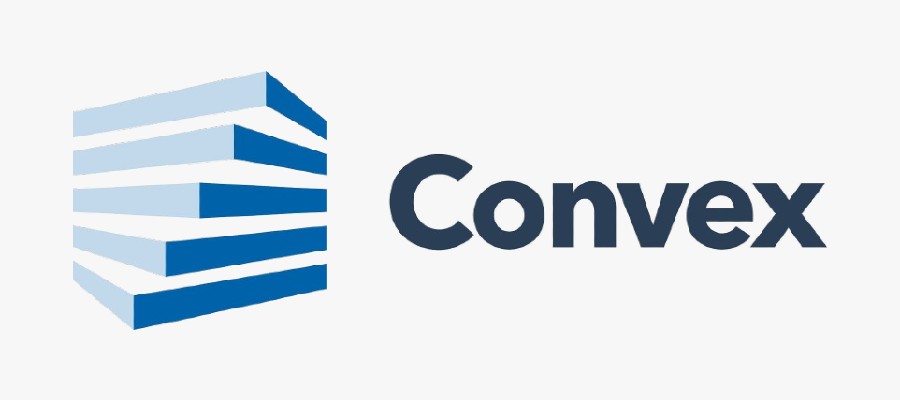
1. Convex
Target Market: B2B, commercial, and industrial sales teams working directly with property owners, managers, and facilities managers.
Value Proposition: Convex provides detailed property and sales intelligence data, including property characteristics, ownership details, and commercial tenant data. This information is crucial for tailoring sales strategies in property-related industries.Best Use Cases:
Property-Related Prospecting and Outreach: Ideal for companies targeting specific types of properties or property owners, such as those looking for commercial services, like HVAC, Solar, Roofing, Building Security, etc.
Maintenance and Upgrades: Perfect for service providers who can now see permit history and other data relevant to their products and services.
Expansion Planning: Useful for commercial services looking to expand their market by targeting properties that are under new ownership or management.
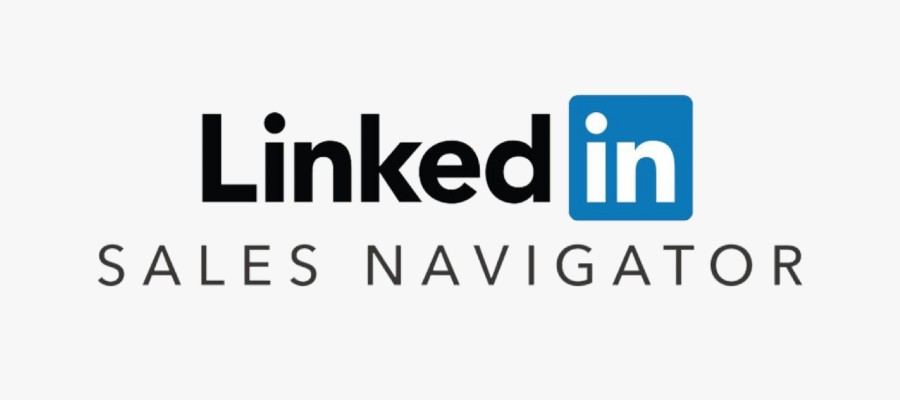
2. LinkedIn Sales Navigator
Pricing:
Basic: $64.99/month
Advanced: $103.99/month
Advanced Plus: $155.99/month
Key Features:
Advanced Search and Filtering: Find prospects using detailed search filters.
CRM Integration: Syncs with CRM systems for better lead management.
Usage Reporting: Track how your team uses the tool for better adoption and training.
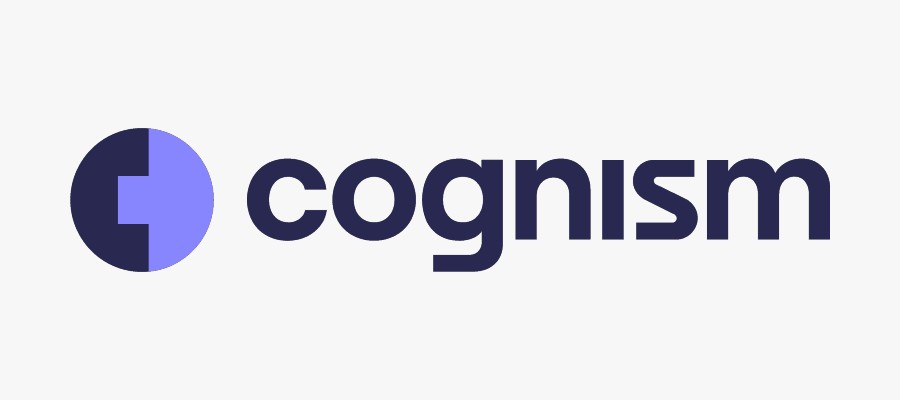
3. Cognism
Pricing:
Seat-based, with custom quotes for individual contributors and teams
Key Features:
Phone-Verified Mobile Numbers: Direct dials and verified contact details.
Business Emails: Accurate email addresses for outreach.
GDPR Compliance: Ensures data privacy and compliance with regulations.

4. Clearbit
Pricing:
Custom quote-based
Key Features:
Marketing Data Enrichment: Enhance your existing data with additional insights.
Data Services: Comprehensive data solutions tailored to your needs.
Machine Learning-Driven Insights: AI-powered analytics for better decision-making.

5. DiscoverOrg
Pricing:
Custom quote-based
Key Features:
B2B Contact and Account Information: Detailed profiles and account data.
AI-Driven Insights and Analytics: Use artificial intelligence to gain deeper insights.
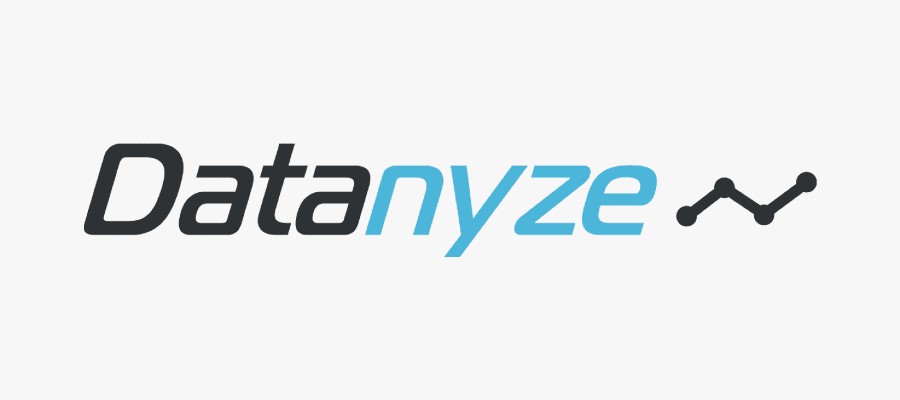
6. Datanyze
Pricing:
Credit-based, with custom quotes for individual contributors and teams
Key Features:
Prospect Contact Information: Access to contact details for better outreach.
Lead Generation: Tools to find and qualify new leads.
Enrichment and Analytics: Improve data quality and gain actionable insights.

7. Leadfeeder
Top Features:
Company and Contact Data: Identify visitors to your website and gather contact details.
Lead Generation: Tools to automate the process of finding new leads.
CRM Integrations: Seamlessly integrate with CRM systems for better data management.
Benefits:
Identify High-Value Accounts: Focus on the most promising leads.
Automate Lead Generation: Save time and resources by automating repetitive tasks.
Personalize Sales Approach: Tailor your outreach based on detailed insights.

8. Lusha
Pricing:
Basic: $29/month
Premium: $49/month
Key Features:
Contact and Company Data: Access accurate and up-to-date contact information.
Sales Automation: Tools to automate repetitive tasks.
CRM Integrations: Seamlessly integrate with your existing CRM systems.
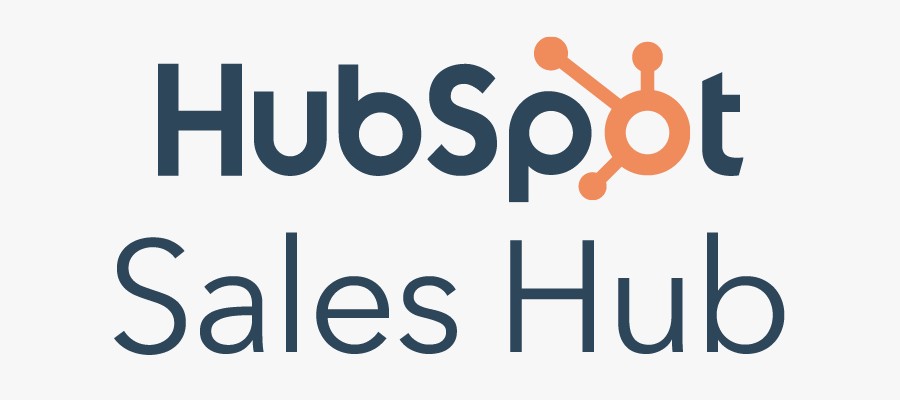
9. HubSpot Sales Hub
Pricing:
Starter: $45/month
Professional: $800/month
Enterprise: $2,400/month
Key Features:
Sales Automation: Automate workflows to save time and increase efficiency.
CRM Integration: Integrates with HubSpot’s CRM and other tools for a unified system.
Sales Analytics: Robust reporting and analytics to track performance and optimize strategies.
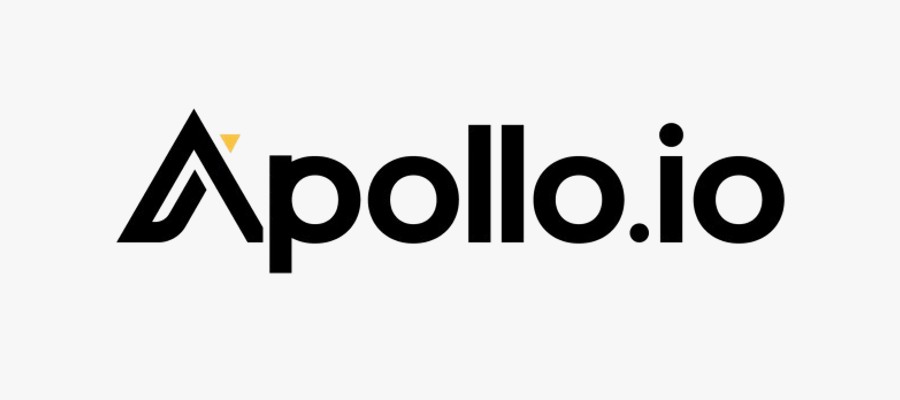
10. Apollo
Pricing:
Basic: $49/month
Premium: $99/month
Key Features:
Lead and Opportunity Management: Tools to manage your sales pipeline effectively.
Email Tracking: Monitor email engagement and follow up with prospects.
Task Management: Organize and prioritize tasks to streamline your sales workflow.
Thoroughly evaluating these top sales intelligence tools will help you determine which platform best aligns with your specific needs, goals, and objectives, ultimately driving more effective and targeted sales strategies for your business.

Choosing the Right Sales Intelligence Solution
Sales Intelligence Software for Sales and Marketing Teams
To choose the best sales intelligence software for your sales and marketing teams, consider the following steps:
Identify the Best Fit: Based on your goals, shortlist 2- 3 platforms that offer the features and functionalities that align with your sales strategy. Ensure the tool supports sales efforts, enabling a cohesive approach to lead generation, outreach, and customer engagement.
Evaluate Features and Pricing: Compare the features and pricing of the shortlisted tools to identify the best fit for your budget and needs. Look for platforms that offer robust data capabilities, seamless CRM integration, and real-time analytics.
Additional Features: Look for additional features that will help your team win.
An example of this could be Atlas- Convex’s property intelligence and pipeline management tool that maps your territory and allows you to filter results based on permit and ownership history, property attributes, contact attributes (e.g. title, etc.), and tenants to find the right decision maker even if you’re on the go.
Once you’ve identified a key prospect, Convex’s Generative AI tool will use intent and sales intelligence data to prepare outreach messaging in seconds so you spend less time researching and more time closing deals.

How to Implement Sales Intelligence Tools Effectively
Now that you have a solution, implementing sales intelligence tools requires a strategic approach to ensure successful adoption and maximize ROI:
Develop a Clear Implementation Plan and Timeline: Outline the steps needed to integrate the tool into your existing workflows. Define milestones and assign responsibilities to ensure a smooth rollout.
Provide Training and Support: Comprehensive training is crucial to help your sales team understand and leverage the new tool effectively. Offer ongoing support to address any issues and ensure continuous improvement.
Regular Evaluation: Regularly evaluate the effectiveness of the tool and make necessary adjustments to optimize performance.
By following these steps, you can ensure that your chosen sales intelligence platform is not only the right fit for your business but also implemented in a way that maximizes its potential to drive sales success.

Conclusion
Boosting Sales Performance with Sales Intelligence Software
There’s no doubt that today’s sales environment is hyper-competitive. To keep pace, leveraging sales intelligence software is no longer a luxury—it’s a necessity.
When selecting the best sales intelligence software for your business in 2024, carefully evaluate your specific needs and goals. Consider factors such as data accuracy, integration capabilities, scalability, and overall cost.
Ultimately, the right sales intelligence tool can drive significant revenue growth, enhance sales productivity, and provide a competitive edge in the marketplace. Don’t let your competition outpace you—equip your team with the tools they need to win today.Ready to transform your sales strategy with cutting-edge technology? Schedule a demo of Convex to see how our sales intelligence solution can accelerate pipeline and sales operations.
Share





